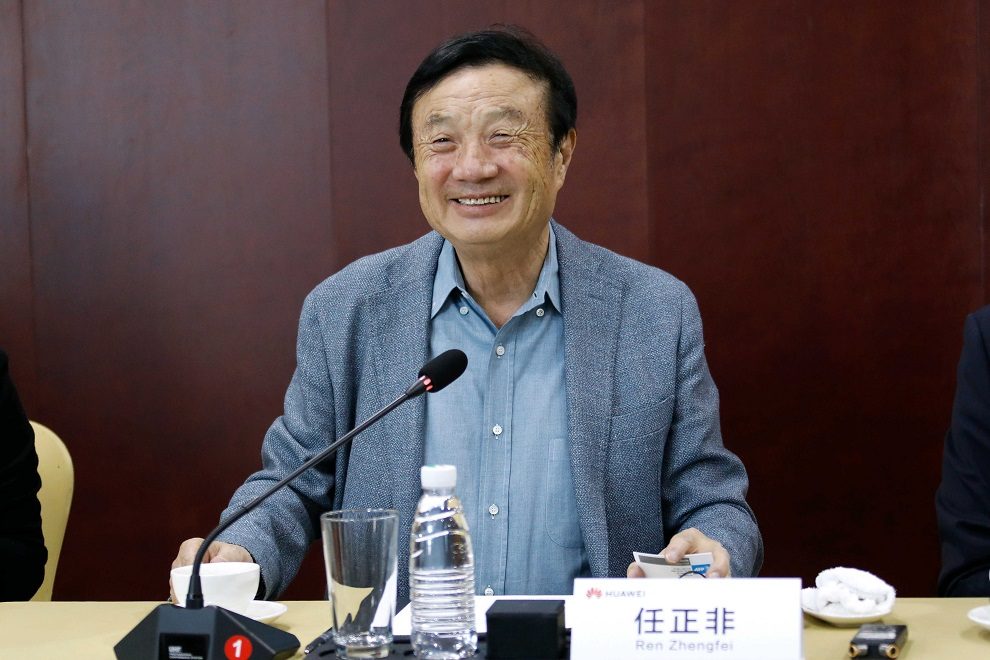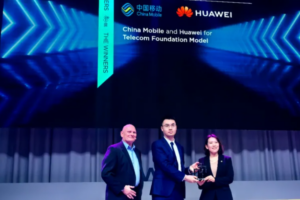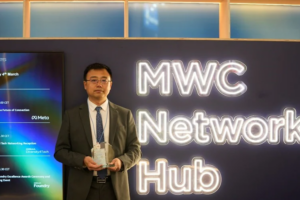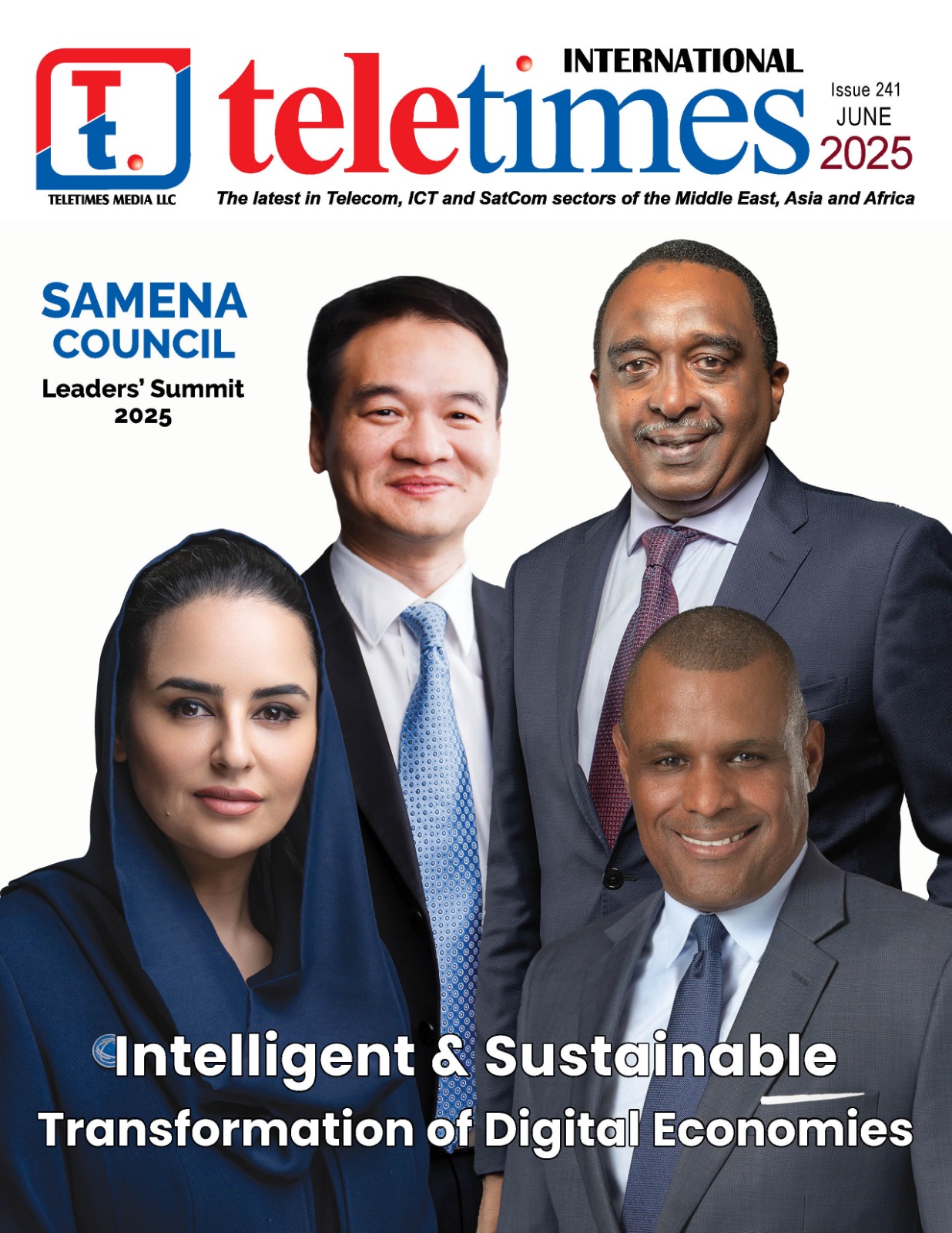- Following restrictions imposed by the previous US administration, Huawei invites greater transparency and cooperation in global supply chains, benefitting companies worldwide
- Executive confirms that Huawei still hopes to be able to buy a lot of US components, parts, and machinery, so that US companies can also develop with the Chinese economy
- “Allowing US companies to supply goods to Chinese customers is conducive to their own financial performance.” – Huawei CEO
Huawei founder and CEO Ren Zhengfei has spoken out about the benefits to be gained by deeper cooperation between US and Chinese companies in the technology field. Talking with international media in a recent press conference, the executive advocated for the easing of US-China trade restrictions, and more open US trade under the Biden administration.
“Trade benefits all sides. Allowing US companies to supply goods to Chinese customers is conducive to their own financial performance. If Huawei’s production capacity is expanded, that would also mean US companies could sell more to Huawei. It’s a win-win situation,” noted Zhengfei. “We still hope to be able to buy a lot of US components, parts, and machinery, so that US companies can also develop with the Chinese economy.”
In recent years, the US has adopted stricter trade policies with China, particularly in the technology domain. Zhengfei acknowledged that some US politicians have concerns over the potential impact of 5G and the security of these networks. Reiterating comments from last year, Zhengfei stressed that Huawei is open to working with US companies to transfer knowledge around 5G and collaborate on technology licensing.
“As long as the US asks for it, we would transfer everything from the [5G] source programs and source code to hardware design. I meant what I said, but no US company has come forward. If they want to talk, we’d be happy to talk,” said Zhengfei.
The executive added that Huawei doesn’t have the energy to get involved in a “political whirlpool” and prefers to focus on technology innovation. The executive elaborated on how there are many industries that Huawei is not directly familiar with, such as airports, ports, coal mining, iron and steel production, and automotive and aircraft manufacturing. That is why Huawei has built joint labs to learn more about the needs of these industries. Huawei now has more than 100 research centers and joint labs around the world, most of which specialize in areas like mathematics, physics, chemistry, biology, and aesthetics. Some of these are applied research labs Huawei has built with its customers, such as joint labs with telecom operators.
“We are still winning trust from a large number of customers,” Zhengfei commented. He cited how Huawei’s networks in Europe are now among the top global network performance tests. The fact that consumers can now use products like the iPhone 12 to its fullest potential on Huawei 5G networks in Europe is a further testament to the quality of its networks.
“We’ll continue serving [our] customers well by creating more value for them. We want them to have lasting faith in us, and we hope that they won’t sway because of political pressure,” noted Zhengfei.
Responding to questions about the future of Huawei’s device business, Zhengfei confirmed that Huawei is not just thinking about mobile phones. “Everything that connects people or things are devices. That includes things like laser and ultrasonic radar, self-driving vehicles, household gas meters, and so on. Mobile phones are only one part of the device category. So Huawei may transfer our 5G technologies to other [areas] in the future, but will never sell our device business.”
Despite Huawei being added to a US entity list ban in recent years, the Huawei founder remains optimistic about the company’s future and that of the global technology industry. Zhengfei said he is more confident than ever about Huawei’s survival, due in part to the company having more ways to overcome its challenges. He also cited Huawei sales revenue and profits in 2020 as being higher than the previous year.
“We rely on globalization. As humanity keeps making progress, no company can develop a globalized industry alone. It requires concerted efforts from around the world. We won’t give up this ideal of globalization, and will continue doing business this way, no matter how harsh the sanctions or blocks are,” concluded Zhengfei.












